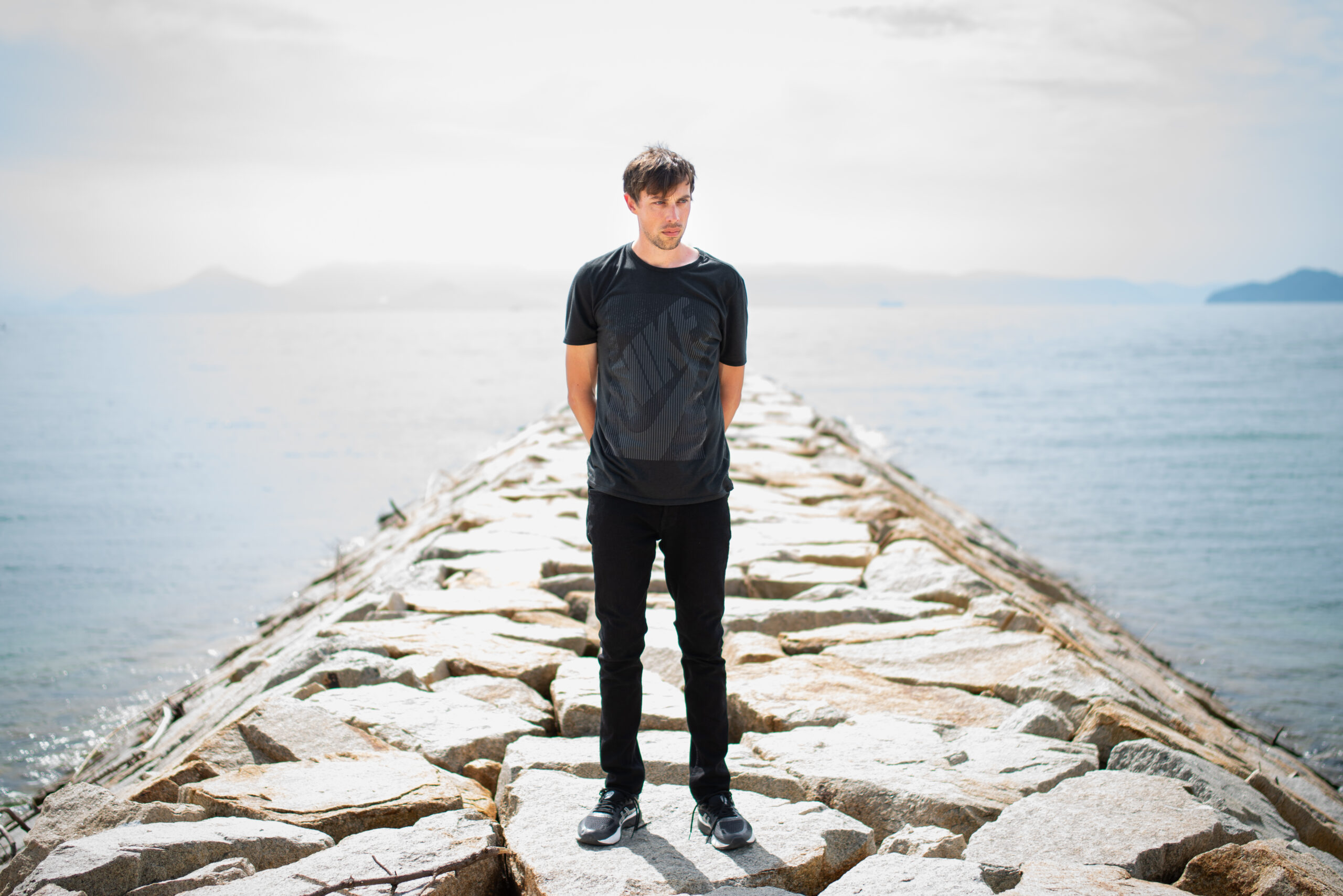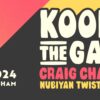Sebastian Reynolds is a music producer and composer based between Oxford and Swindon his debut album, Canary was released via PinDrop in September. Reynolds has written a overview of the record below.
His previous releases include Athletics EP (May 2022 via Faith & Industry), Crows, (August 2021 via Faith & Industry), Nihilism is Pointless EP (January 2021 via Faith & Industry) and The Universe Remembers EP (May 2020 via Faith & Industry).
Canary by Sebastian Reynolds
A reference to the canary in the coalmine as a warning of encroaching threat, the penultimate title track features an extract from a speech by John F. Kennedy where he outlines the dangers of secret societies, apt that within years Kennedy was allegedly murdered by the very institution charged with his protection. This is also taken as symbolic for one’s own mind, the failure to perceive threats, and the fact that those threats can come from one’s own psychological systems designed for self-preservation.
Other tracks such as ‘Imminent Collapse‘ and ‘Cascade‘ similarly encapsulate the feeling of dread in the face of encroaching catastrophe. “Keep calm and figure out how to move forward” is an injunction from decorated Navy Seal Jocko Willink and in this context the army maxim of “keep your world small” is held up as a self-help doctrine of the simplest and highest order. Even through the hardest times self-betterment is always possible, and there is a cult-like, quasi-religious overtone to it when rendered as a mantra.
Temple Gong and ‘Viññāṇa‘ explore an interest in Buddhism and meditation and are through lines into contemporary contemplations on the mind/body paradigm, with samples for ‘Viññāṇa’ coming from a podcast discussion between scientists Sam Harris and Lex Fridman on the nature of mind and consciousness, a debate that is probably as old as our species, hence the track title Viññāṇa being the Pali Buddhist word for consciousness and the sound-world combining ancient Asian instruments set alongside modern, electronic sounds. Within the tracks themselves the juxtaposition of new and old is presented and also their juxtaposition alongside esoteric musings from 20th century psychologist and mystic Carl Jung for album opener Sleeping Meadow and from Robert Monroe, whose 1971 book Journeys Out of the Body is credited with popularizing the term out-of-body-experience for When I Leave My Body.
In July 2020 our son Noah was born asleep. At a personal level this was the tragedy that these songs speak of, this is my redemption album, for the missed warnings and canaries in coalmines. ‘Fetus’ speaks to the grief, pain and despair at the lowest point, and the chink of light in the dark. That it is possible to be reborn from grief into transcendence. My mother passed away in August 2016. She was computer engineer, building computers for IBM in the 1980s and I grew up surrounded by dusty, strange machines that played games from cassettes. ‘Shortest Day‘ is based on an improvisation that I did at the family home on the Shortest Day in 2013, and mother’s voice can ever so faintly be heard in the distance as the track fades out.
After all the noise, tumult and broo haa ‘The After Life‘ offers a taste of the relief, peace and freedom that comes to us all eventually. The path to transcendence takes in extreme pain, facing one’s fears, conflict both internal and external and the contemplation of the mind and body in these extreme states, as well as under the influence of various substances and deep in meditation. The question is, what remains?
https://open.spotify.com/album/74SZK6TgbFkcnA07enTVcf?si=fsHH0nf4SK2GrHtS1Q3Zmw
https://sebastianreynolds.bandcamp.com/album/canary
sebastianreynolds.co.uk




